- Find Your College
- Scholarships
- Pay for College
-
Articles
- COLLEGES
- Most Recent
- Affordability & Cost
- College Search
- Comparisons
- College Majors & Minors
- Myths
- News & Trends
- Tips, Tools & Advice
- Admissions
- Most Recent
- ACT & SAT
- College Admissions
- College Applications
- Myths
- Online Colleges
- Questions & Answers
- About
- Home
- >
- Browse All Majors
- >
- Health Professions And Related Programs
- >
- Clinical/Medical Laboratory Science/Research and Allied Professions
- >
- Clinical Laboratory Science/Medical Technology/Technologist
Clinical Laboratory Science/Medical Technology/Technologist
Select Type of Degree:
Select State:
|
#1

Arkansas State University
|
|||||||||||
|
#2
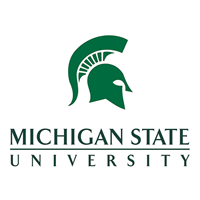
Michigan State University
|
|||||||||||
|
#3

Stony Brook University
|
|||||||||||
|
#4

Winston-Salem State University
|
|||||||||||
|
#5
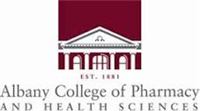
Albany College of Pharmacy and Health Sciences
|
|||||||||||
|
#6
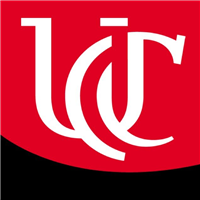
University of Cincinnati-Main Campus
|
|||||||||||
|
#7

University of Massachusetts-Lowell
|
|||||||||||
|
#8

University of Wisconsin-Milwaukee
|
|||||||||||
|
#9

Austin Peay State University
|
|||||||||||
|
#10
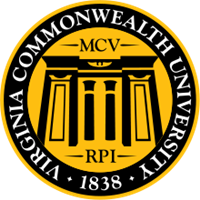
Virginia Commonwealth University
|
|||||||||||
|
#11

Idaho State University
|
|||||||||||
|
#12

The University of West Florida
|
|||||||||||
|
#13

University of Kentucky
|
|||||||||||
|
#14

George Washington University
|
|||||||||||
|
#15
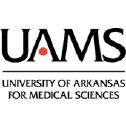
University of Arkansas for Medical Sciences
|
|||||||||||
|
#16

Marist College
|
|||||||||||
|
#17

CUNY Hunter College
|
|||||||||||
|
#18

University of Washington-Seattle Campus
|
|||||||||||
|
#19

University of Delaware
|
|||||||||||
|
#20
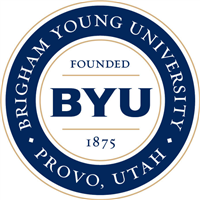
Brigham Young University
|
|||||||||||
|
#21

The University of Texas at Austin
|
|||||||||||
|
#22

University of North Dakota
|
|||||||||||
|
#23

Saint Cloud State University
|
|||||||||||
|
#24
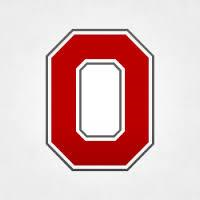
Ohio State University-Main Campus
|
|||||||||||
|
#25

California State University-Dominguez Hills
|
|||||||||||
|
#26

Andrews University
|
|||||||||||
|
#27

University of Central Florida
|
|||||||||||
|
#28
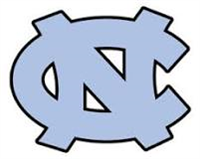
University of North Carolina at Chapel Hill
|
|||||||||||
|
#29
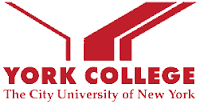
CUNY York College
|
|||||||||||
|
#30

South Dakota State University
|
|||||||||||
|
#31

University of Utah
|
|||||||||||
|
#32
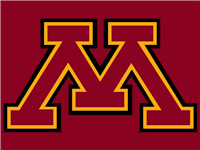
University of Minnesota Twin Cities
|
|||||||||||
|
#33

Howard University
|
|||||||||||
|
#34

University at Buffalo
|
|||||||||||
|
#35

Purdue University-Main Campus
|
|||||||||||
|
#36

University of Wisconsin-La Crosse
|
|||||||||||
|
#37

Oakland University
|
|||||||||||
|
#38

University of Vermont
|
|||||||||||
|
#39

Grand Valley State University
|
|||||||||||
|
#40

University of Kansas
|
|||||||||||
|
#41
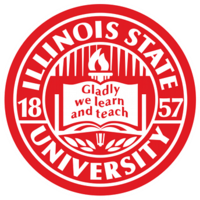
Illinois State University
|
|||||||||||
|
#42
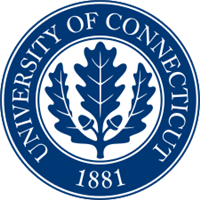
University of Connecticut
|
|||||||||||
|
#43

Marquette University
|
|||||||||||
|
#44

West Virginia University
|
|||||||||||
|
#45

Farmingdale State College
|
|||||||||||
|
#46

Auburn University
|
|||||||||||
|
#47

Saint Louis University
|
|||||||||||
|
#48
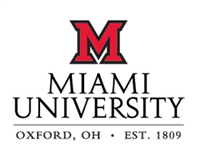
Miami University-Oxford
|
|||||||||||
|
#49

University of Louisiana at Monroe
|
|||||||||||
|
#50

St. Joseph's University-New York
|
|||||||||||
|
#51

Northern Michigan University
|
|||||||||||
|
#52

Georgia Southern University
|
|||||||||||
|
#53

Saint Joseph's University
|
|||||||||||
|
#54

University of South Florida
|
|||||||||||
|
#55

College of Staten Island CUNY
|
|||||||||||
|
#56

Texas State University
|
|||||||||||
|
#57
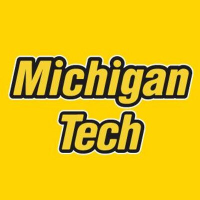
Michigan Technological University
|
|||||||||||
|
#58

University of Massachusetts-Dartmouth
|
|||||||||||
|
#59
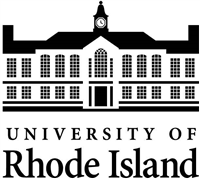
University of Rhode Island
|
|||||||||||
|
#60

The University of Texas at El Paso
|
|||||||||||
|
#61

George Mason University
|
|||||||||||
|
#62
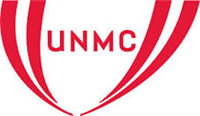
University of Nebraska Medical Center
|
|||||||||||
|
#63

Fairleigh Dickinson University-Florham Campus
|
|||||||||||
|
#64

University of Mississippi
|
|||||||||||
|
#65

College of Southern Nevada
|
|||||||||||
|
#66

University of New Hampshire-Main Campus
|
|||||||||||
|
#67

The University of Texas Medical Branch at Galveston
|
|||||||||||
|
#68

Old Dominion University
|
|||||||||||
|
#69

Nazareth University
|
|||||||||||
|
#70

University of North Texas
|
|||||||||||
|
#71

University of Iowa
|
|||||||||||
|
#72

Franciscan Missionaries of Our Lady University
|
|||||||||||
|
#73

Santa Fe College
|
|||||||||||
|
#74

Lebanon Valley College
|
|||||||||||
|
#75
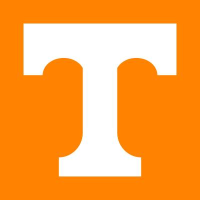
The University of Tennessee-Knoxville
|
|||||||||||
|
#76

Seattle University
|
|||||||||||
|
#77

Eastern Kentucky University
|
|||||||||||
|
#78

Ramapo College of New Jersey
|
|||||||||||
|
#79

Bradley University
|
|||||||||||
|
#80

St. John's University-New York
|
|||||||||||
|
#81

Salisbury University
|
|||||||||||
|
#82

East Carolina University
|
|||||||||||
|
#83

Youngstown State University
|
|||||||||||
|
#84

Lincoln Memorial University
|
|||||||||||
|
#85

Ohio Northern University
|
|||||||||||
|
#86

The University of Texas Rio Grande Valley
|
|||||||||||
|
#87

Bowling Green State University-Main Campus
|
|||||||||||
|
#88

University of Wisconsin-Stevens Point
|
|||||||||||
|
#89

Canisius College
|
|||||||||||
|
#90

Monmouth University
|
|||||||||||
|
#91

Ferris State University
|
|||||||||||
|
#92

Florida Southern College
|
|||||||||||
|
#93
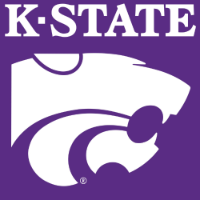
Kansas State University
|
|||||||||||
|
#94

Wichita State University
|
|||||||||||
|
#95
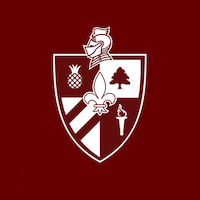
Bellarmine University
|
|||||||||||
|
#96

Harding University
|
|||||||||||
|
#97

Rockhurst University
|
|||||||||||
|
#98
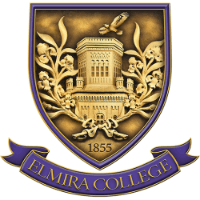
Elmira College
|
|||||||||||
|
#99

Stevenson University
|
|||||||||||
|
#100

University of South Dakota
|
|||||||||||
|
#101
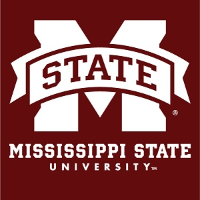
Mississippi State University
|
|||||||||||
|
#102
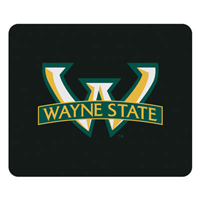
Wayne State University
|
|||||||||||
|
#103
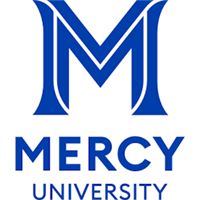
Mercy College
|
|||||||||||
|
#104

Florida Gulf Coast University
|
|||||||||||
|
#105
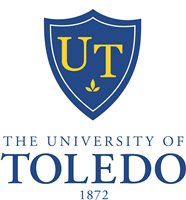
University of Toledo
|
|||||||||||
|
#106

University of Hawaii at Manoa
|
|||||||||||
|
#107

University of Mary
|
|||||||||||
|
#108

Radford University
|
|||||||||||
|
#109

University of Illinois Springfield
|
|||||||||||
|
#110
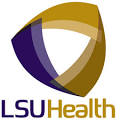
Louisiana State University Health Sciences Center-Shreveport
|
|||||||||||
|
#111

Saint Mary's University of Minnesota
|
|||||||||||
|
#112

North Dakota State University
|
|||||||||||
|
#113

East Texas Baptist University
|
|||||||||||
|
#114

Saginaw Valley State University
|
|||||||||||
|
#115

Maryville University of Saint Louis
|
|||||||||||
|
#116

Walsh University
|
|||||||||||
|
#117

Louisiana Tech University
|
|||||||||||
|
#118

Kean University
|
|||||||||||
|
#119

Augusta University
|
|||||||||||
|
#120

Kent State University at Kent
|
|||||||||||
|
#121
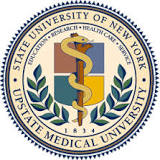
Upstate Medical University
|
|||||||||||
|
#122

Long Island University
|
|||||||||||
|
#123

Fairleigh Dickinson University-Metropolitan Campus
|
|||||||||||
|
#124

Indiana University-Purdue University-Indianapolis
|
|||||||||||
|
#125
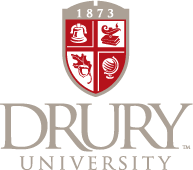
Drury University
|
|||||||||||
|
#126

SUNY at Fredonia
|
|||||||||||
|
#127

West Liberty University
|
|||||||||||
|
#128

Tarleton State University
|
|||||||||||
|
#129

University of Southern Mississippi
|
|||||||||||
|
#130

University of Maine
|
|||||||||||
|
#131
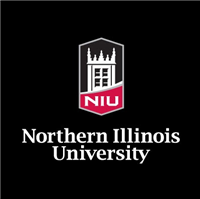
Northern Illinois University
|
|||||||||||
|
#132
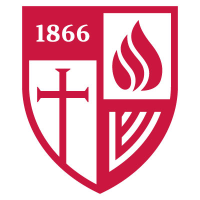
Roberts Wesleyan University
|
|||||||||||
|
#133
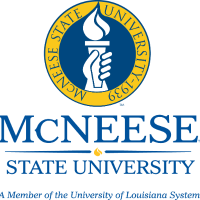
McNeese State University
|
|||||||||||
|
#134

Southern Adventist University
|
|||||||||||
|
#135

Mount Marty University
|
|||||||||||
|
#136

University of New Haven
|
|||||||||||
|
#137

Baptist Health Sciences University
|
|||||||||||
|
#138
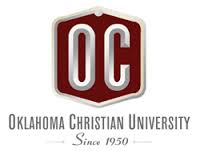
Oklahoma Christian University
|
|||||||||||
|
#139

Ball State University
|
|||||||||||
|
#140

Holy Family University
|
|||||||||||
|
#141
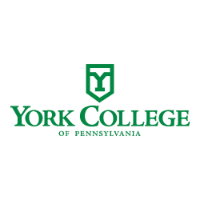
York College of Pennsylvania
|
|||||||||||
|
#142

SUNY College at Plattsburgh
|
|||||||||||
|
#143

Gannon University
|
|||||||||||
|
#144

University of Wisconsin-Oshkosh
|
|||||||||||
|
#145

Indiana University-South Bend
|
|||||||||||
|
#146

Missouri State University-Springfield
|
|||||||||||
|
#147

Winona State University
|
|||||||||||
|
#148

Marshall University
|
|||||||||||
|
#149

Northwest Missouri State University
|
|||||||||||
|
#150
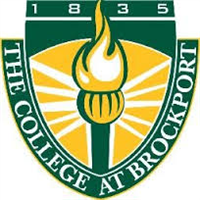
SUNY Brockport
|
|||||||||||
|
#151

Allen College
|
|||||||||||
|
#152

Minnesota State University-Mankato
|
|||||||||||
|
#153

University of Bridgeport
|
|||||||||||
|
#154

University of St Francis
|
|||||||||||
|
#155

Louisiana State University-Alexandria
|
|||||||||||
|
#156

University of Wyoming
|
|||||||||||
|
#157

Western Kentucky University
|
|||||||||||
|
#158

The University of Texas at Arlington
|
|||||||||||
|
#159

University of Wisconsin-Milwaukee Flex
|
|||||||||||
|
#160

Pennsylvania Western University
|
|||||||||||
|
#161
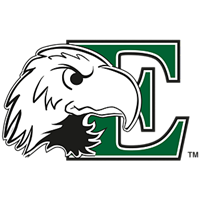
Eastern Michigan University
|
|||||||||||
|
#162
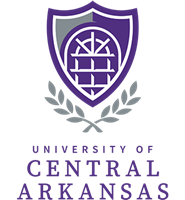
University of Central Arkansas
|
|||||||||||
|
#163

Lake Superior State University
|
|||||||||||
|
#164

Washington Adventist University
|
|||||||||||
|
#165

East Stroudsburg University of Pennsylvania
|
|||||||||||
|
#166

Indiana University of Pennsylvania-Main Campus
|
|||||||||||
|
#167

Southeast Missouri State University
|
|||||||||||
|
#168

Southwestern Adventist University
|
|||||||||||
|
#169

The University of Montana
|
|||||||||||
|
#170
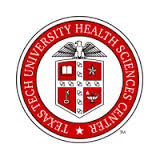
Texas Tech University Health Sciences Center
|
|||||||||||
|
#171

University of Michigan-Flint
|
|||||||||||
|
#172

Pontifical Catholic University of Puerto Rico-Ponce
|
|||||||||||
|
#173

Fontbonne University
|
|||||||||||
|
#174

The University of Findlay
|
|||||||||||
|
#175
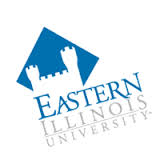
Eastern Illinois University
|
|||||||||||
|
#176

Northeastern State University
|
|||||||||||
|
#177

Centenary University
|
|||||||||||
|
#178

Minot State University
|
|||||||||||
|
#179

University of Central Missouri
|
|||||||||||
|
#180

Morgan State University
|
|||||||||||
|
#181
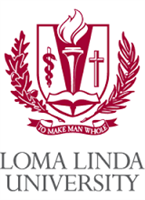
Loma Linda University
|
|||||||||||
|
#182

Texas Woman's University
|
|||||||||||
|
#183

Wright State University-Main Campus
|
|||||||||||
|
#184

Eastern Mennonite University
|
|||||||||||
|
#185
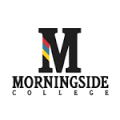
Morningside University
|
|||||||||||
|
#186
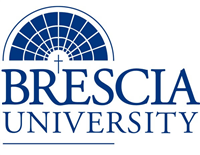
Brescia University
|
|||||||||||
|
#187

Purdue University Northwest
|
|||||||||||
|
#188
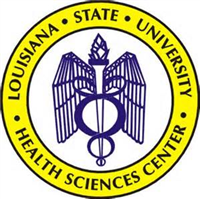
Louisiana State University Health Sciences Center-New Orleans
|
|||||||||||
|
#189

Texas A&M University-Corpus Christi
|
|||||||||||
|
#190

Briar Cliff University
|
|||||||||||
|
#191

Southwest Minnesota State University
|
|||||||||||
|
#192
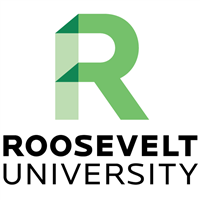
Roosevelt University
|
|||||||||||
|
#193

Washburn University
|
|||||||||||
|
#194

University of Alaska Anchorage
|
|||||||||||
|
#195

University of Indianapolis
|
|||||||||||
|
#196
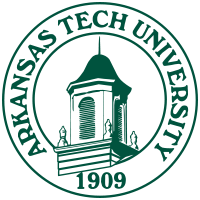
Arkansas Tech University
|
|||||||||||
|
#197
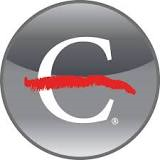
The University of Texas MD Anderson Cancer Center
|
|||||||||||
|
#198

Manchester University
|
|||||||||||
|
#199

Western Illinois University
|
|||||||||||
|
#200

National University
|
|||||||||||
|
#201

Missouri Southern State University
|
|||||||||||
|
#202

University of Central Oklahoma
|
|||||||||||
|
#203

Missouri Western State University
|
|||||||||||
|
#204
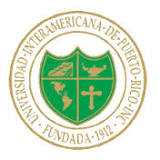
Inter American University of Puerto Rico-San German
|
|||||||||||
|
#205
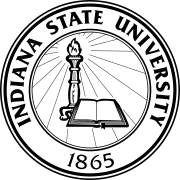
Indiana State University
|
|||||||||||
|
#206

Universidad Ana G- Mendez-Gurabo Campus
|
|||||||||||
|
#207
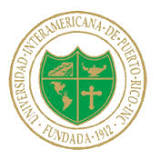
Inter American University of Puerto Rico-Metro
|
|||||||||||
|
#208

Utah Tech University
|
|||||||||||
|
#209

Mayville State University
|
|||||||||||
|
#210

Coker University
|
|||||||||||
|
#211

Texas Southern University
|
|||||||||||
|
#212

Brookline College-Phoenix
|
|||||||||||
|
#213
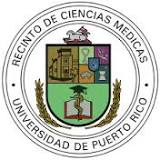
University of Puerto Rico-Medical Sciences
|
|||||||||||
|
#214

The University of Texas Health Science Center at San Antonio
|
|||||||||||
|
#215

University of Maryland- Baltimore
|
|||||||||||
|
#216

The University of Tennessee Health Science Center
|
|||||||||||
|
*The estimated net prices above are College Raptor’s estimate. Please contact the college financial aid office for actual net cost figures.
|
|||||||||||
About Clinical Laboratory Science/Medical Technology/Technologist
Clinical Laboratory Science/Medical Technology/Technologist programs prepare individuals to conduct and supervise complex medical tests, clinical trials, and research experiments; manage clinical laboratories; and consult with physicians and clinical researchers on diagnoses, disease causation and spread, and research outcomes. Includes instruction in the theory and practice of hematology, clinical chemistry, microbiology, immunology, immunohematology, physiological relationships to test results, laboratory procedures and quality assurance controls, test and research design and implementation, analytic techniques, laboratory management, data development and reporting, medical informatics, and professional standards and regulations.
New York awards the most Bachelors degrees in Clinical Laboratory Science/Medical Technology/Technologist of all US states with 290 degrees being granted last year. Students interested in Clinical Laboratory Science/Medical Technology/Technologist can expect about 78% percent of their classmates to be women and 22% percent of their classmates to be male. The majority students graduating in this field earn a Bachelors degree. The average annual income for a graduate with a bachelor's degree in Clinical Laboratory Science/Medical Technology/Technologist is $48,800.
Careers
The highest paying career for Clinical Laboratory Science/Medical Technology/Technologist majors is Health Specialties Teachers, Postsecondary. However, something else to think about is how much demand there is for specific careers. A career that is in high need that a degree in Clinical Laboratory Science/Medical Technology/Technologist can prepare you for is Health Specialties Teachers, Postsecondary.
Top Paying Careers
These are the highest paying careers for Clinical Laboratory Science/Medical Technology/Technologist majors.
Most In-Demand Careers
These are the careers in highest demand for Clinical Laboratory Science/Medical Technology/Technologist majors.
Student Demographics




Subscribe to Our Newsletter
Join thousands of students and parents learning about finding the right college, admissions secrets, scholarships, financial aid, and more.

College Raptor, Raptor, InsightFA, FinanceFirst, and “The Right College. The Best Price.” are registered trademarks of College Raptor, Inc.




